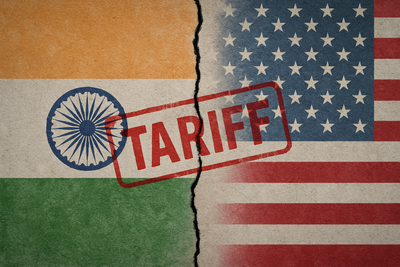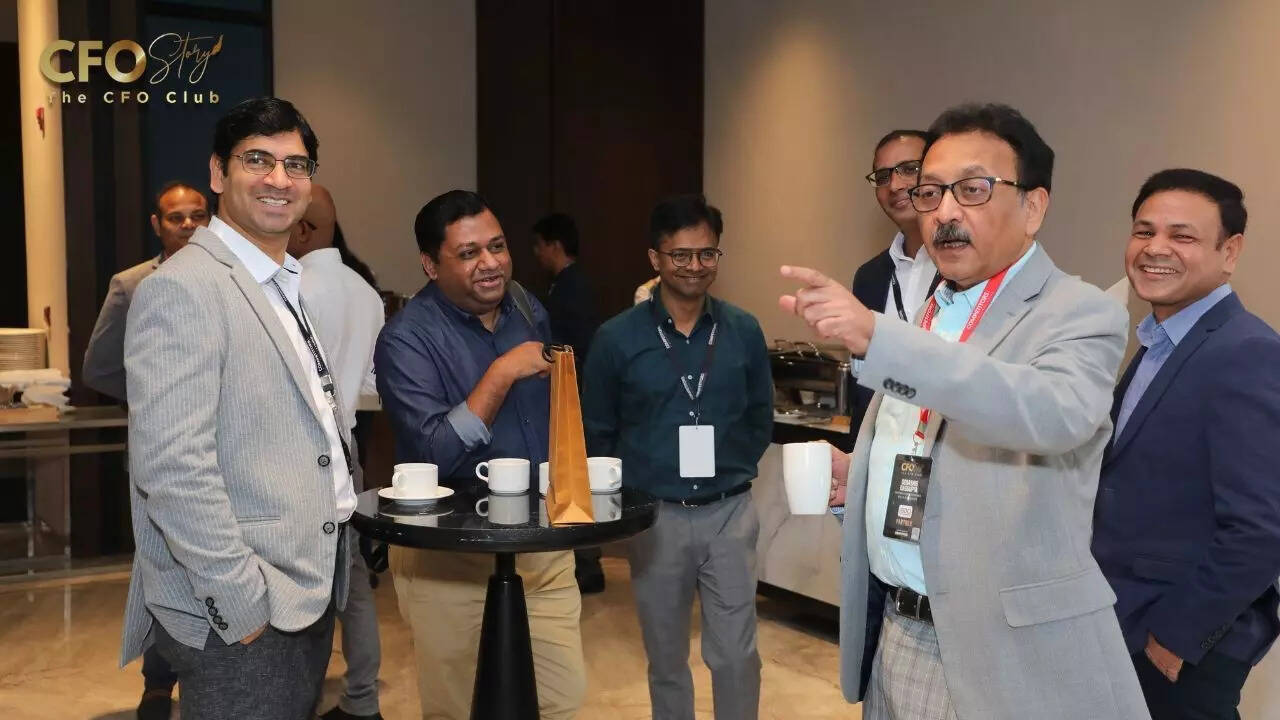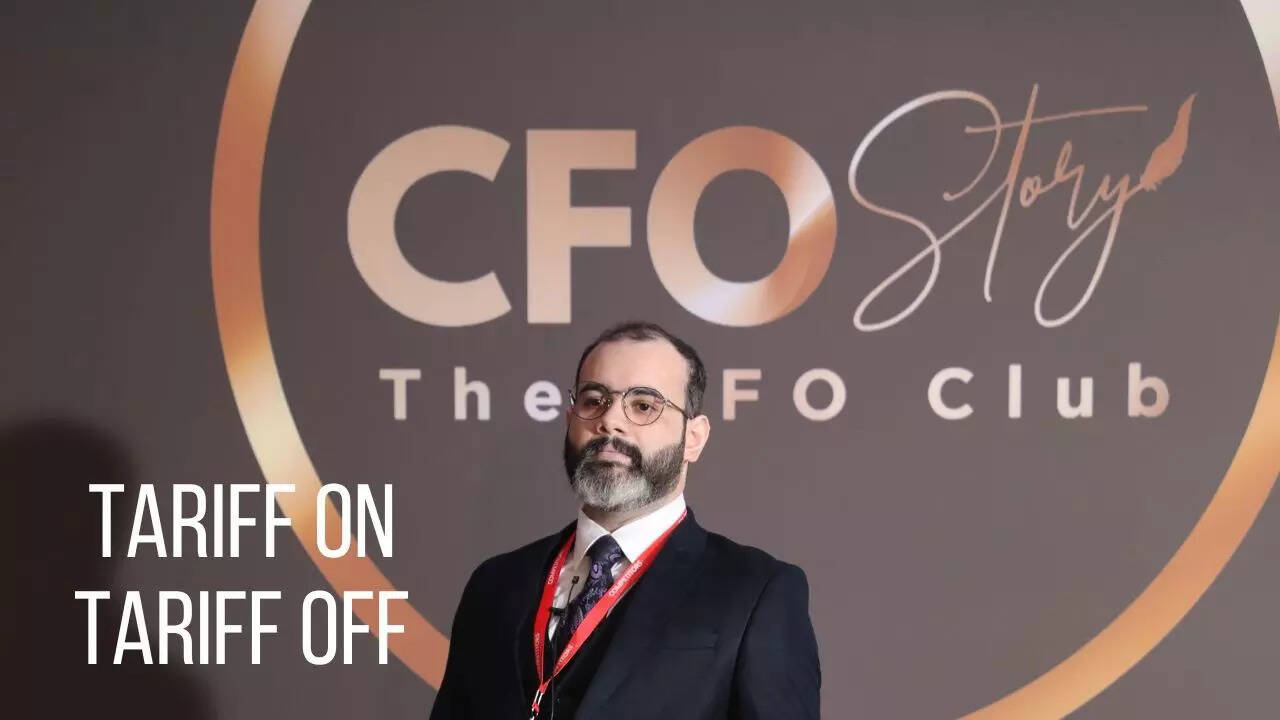ARTICLE AD BOX

While the action primarily targets specific sectors, the broader Indian market is feeling the heat, with industry leaders warning of cost pressures, weakened export momentum, and long-term supply chain disruptions.
India is bracing for aftershocks from the United States of America’s decision to double tariffs on a range of Indian goods from 25% to 50%, a move widely seen as a surge in trade protectionism.
While the action primarily targets specific sectors, the broader Indian market is feeling the heat, with industry leaders warning of cost pressures, weakened export momentum, and long-term supply chain disruptions.“This signals heightened trade protectionism, which could dampen global supply chains and raise costs across industries,” says Dhaval Radia, CFO of ZEISS India. “We may not be directly hit through exports to the US, but the ripple effects—input cost hikes, component access issues, pricing pressures—are very real.”
Radia added that the industry as a whole could see sourcing strategies shift and innovation slow down.
“We really hope that sanity prevails soon and these nations could work towards a more progressive agenda to solve real issues impacting trade, commerce and sustainability,” he adds.

‘Executive dialogue crucial in such times’
Textile, leather industries bear the bruntThe immediate impact is being felt in labour-intensive industries like textiles, leather, gems, and chemicals—sectors already grappling with global demand fluctuations.
“The sharp increase in US tariffs introduces fresh headwinds for bilateral trade with early signs of strain on key export sectors — notably textiles, gems, and chemicals,” says Sunaina Vij, Finance Director and Board Member at Madura Coats Private Limited, adding, “In textiles, where a significant portion of the workforce is women, paused shipments and weakening US demand are raising concerns over factory operations and job stability.
”Despite the setback, some industry leaders see this as a moment to evolve. “In the short run, the tariffs will hurt Indian industries,” said Guna Thantry, CFO of Qlar Group. “But with the support of the Indian government, there is an opportunity now to move from cheap products in these areas to value-add and create demand for better quality products,” Thantry adds.
‘Executive dialogue crucial in such times’
The fallout isn’t limited to exporters. Domestic market sentiment has turned cautious, with inflationary pressure and currency depreciation compounding the stress.“US penalty tariffs are already weighing on the now cautious domestic market. The depreciation of the INR and weak foreign institutional inflows add to the pressure,” says Jogendra Singh, President & Group CFO of Hero Enterprise. He further noted that the upcoming GST Council meeting may offer some short-term relief but emphasised the need for resetting focus and creating alternate strategies—like export market diversification and long-term capital allocation into higher-value sectors.

Razum Rajan, Group Managing Director of Competitors View
Razum Rajan, Group Managing Director of Competitors View, says, “In such uncertain times, platforms for executive dialogue become crucial and I believe this is exactly where forums like the CFO Story Club play a vital role.” He pointed to the upcoming CFO Story Club event in Mumbai on September 25 as an example of how these forums are fostering critical discussions. He says, “With so much at stake, it’s essential that CFOs and decision-makers have spaces where real conversations about global disruptions happen regularly.
At the CFO Story Club, we regularly see a surge in engagement around topics like tariff wars, currency risk, and trade diversification at our forums and events—because the future demands smarter collaboration.”



.png)
.png)
.png)
















 1 day ago
4
1 day ago
4







 English (US) ·
English (US) ·